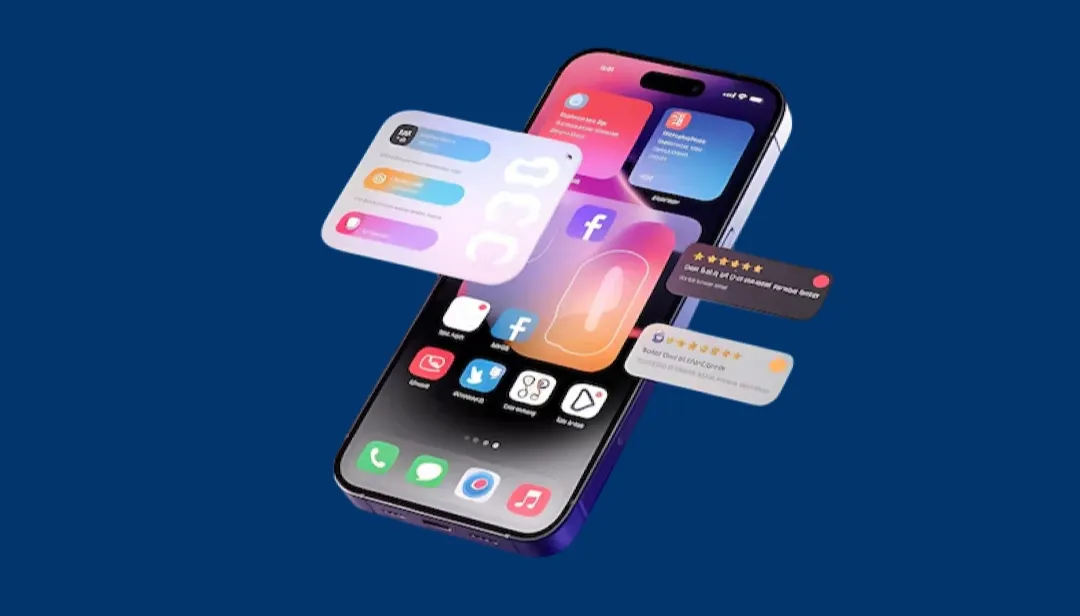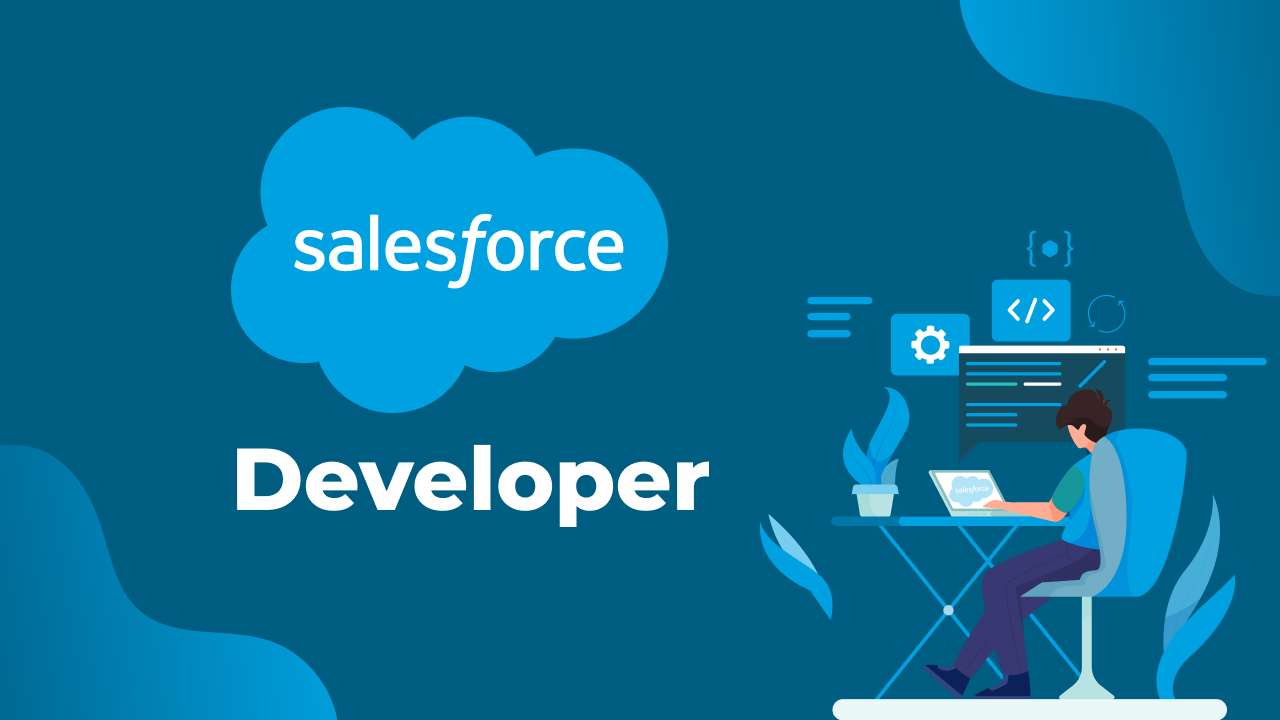In 2025, businesses in Dubai aren’t just talking about AI—they’re jumping in headfirst. More and more companies want smart automation, so working with a skilled AI developer or an experienced team in Dubai isn’t just a good idea anymore. It’s pretty much a must. People look to these experts to make their operations smoother, help with tough decisions, and, honestly, just keep up with the competition in this fast-moving digital world.
- The Rise of AI in Dubai’s Business Scene
Dubai’s not shy about its tech ambitions. The city has become a magnet for digital transformation, and AI sits at the heart of it all. You see it everywhere—real estate, retail, logistics, finance. Companies use AI-powered tools to boost customer experience, make things more efficient, and drive up profits. Teaming up with a solid AI development company in Dubai lets both startups and established businesses tap into opportunities that old-school methods just can’t touch.
- Why Dubai? What Makes AI Development Services Here Stand Out
So, why do businesses flock to Dubai for AI? Well, a few reasons jump out:
- There’s a ton of talent. Dubai draws some of the sharpest AI minds—folks who really know their stuff in machine learning, NLP, and computer vision.
- The city is all-in on tech. The government backs AI projects and builds the kind of infrastructure that lets innovation thrive.
- And, from a business angle, working with an AI development company in Dubai cuts costs and gets digital products to market faster.
- What AI Really Does for Businesses
AI changes the game. Here’s how:
- It takes care of the boring, repetitive work, so your team can actually think big and get creative.
- Machine learning digs into data, helping businesses predict demand, understand customers, and streamline supply chains.
- AI chatbots and recommendation engines make customer interactions feel personal and satisfying.
- And with real-time analytics, businesses don’t just guess—they make smart, fast decisions backed by data.
- How to Pick the Right AI Development Company in Dubai
Choosing the right AI partner in Dubai matters. Here’s what to look for:
- Real experience, not just in one industry but across the board.
- Open communication and a flexible, agile approach to development.
- Deep know-how in advanced tech like deep learning and cloud-based AI.
- Solid support after launch, so your solution can grow with you.
A good AI partner doesn’t just hand over some code and walk away. They make sure the AI fits your business goals and keeps delivering value.
- What’s Next for AI in Dubai?
Things are just heating up. With big projects like “Dubai AI Lab” and “Smart Dubai,” the government’s doubling down on AI—and everyone else is following suit. AI developers in Dubai will keep taking on bigger roles, helping companies innovate, spot trends early, and create better digital experiences all around.
Conclusion
AI isn’t just another buzzword—it’s a necessity for staying ahead. If you want your business to grow, AI development services in Dubai can open doors you didn’t even know existed. Whether you’re just starting out or you’ve been around for years, teaming up with the right AI company here means you’re ready for whatever comes next.




